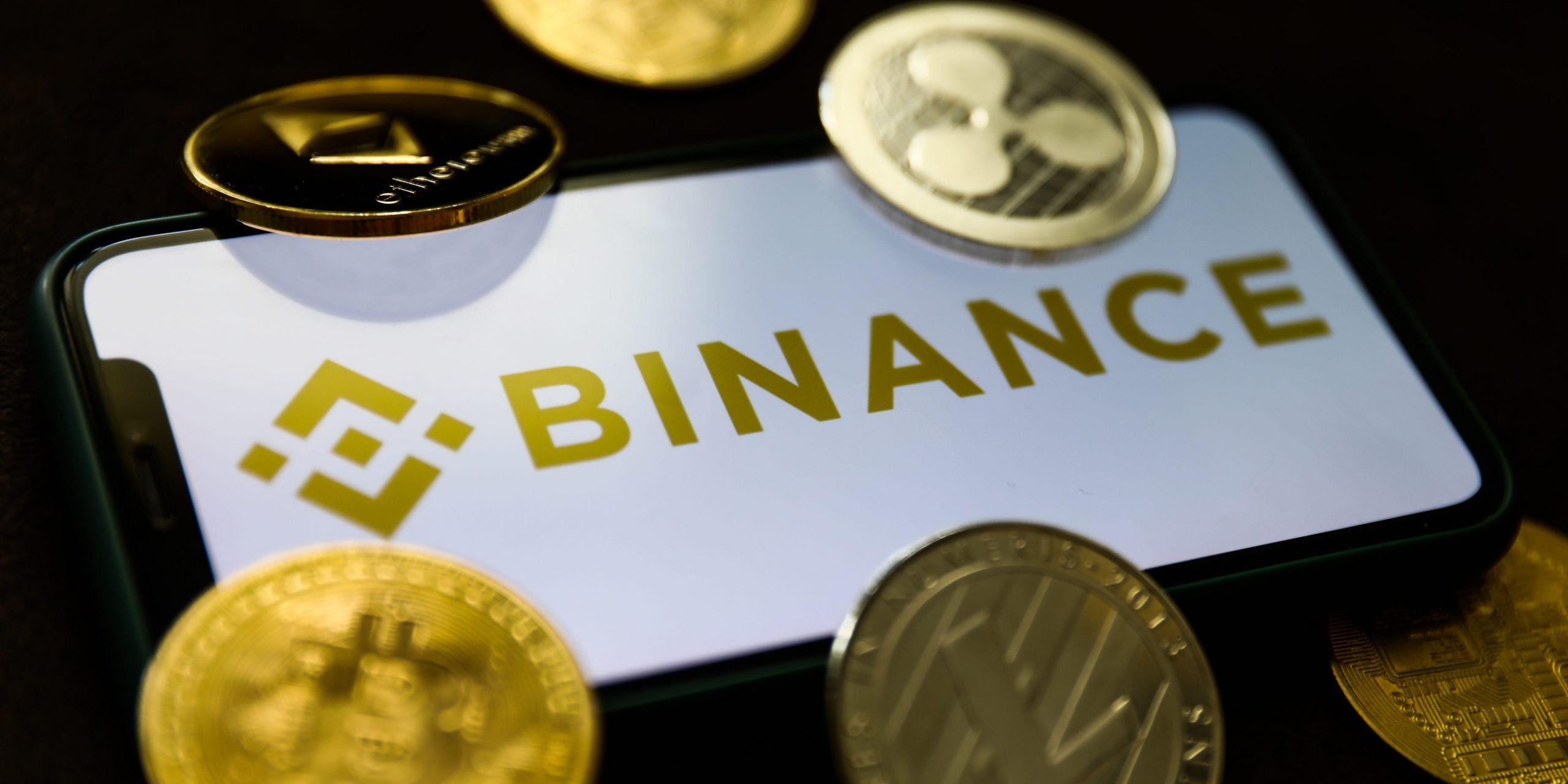
akub Porzycki/NurPhoto via Getty Images
- Binance said users in Singapore will no longer be permitted to buy and sell crypto from its main platform beginning October 26.
- This includes fiat deposit services, spot trading of crypto, purchase of crypto through fiat channels, and liquid swap.
- The move comes after Singapore's central bank on September 2 said Binance could be breaching local laws.
- Sign up here for our daily newsletter, 10 Things Before the Opening Bell.
Binance announced Monday that users of its main platform in Singapore will no longer be permitted to buy and sell cryptocurrencies beginning October 26, amid the country's tightening clampdown on digital asset platforms.
The announcement comes as the cryptocurrency exchange also said it's no longer accepting registrations from Chinese mobile numbers after Beijing banned crypto transactions.
In Singapore, binance.com users will not be allowed to access certain functions such as fiat deposit services, spot trading of cryptocurrencies, the purchase of cryptocurrencies through fiat channels, and liquid swap.
Users, Binance said, are encouraged to "cease all related trades, withdraw fiat assets and redeem tokens … to avoid potential trading disputes."
Binance.com is separate from Binance Asia Services, a separate entity that operates Binance Singapore (binance.sg). BAS has submitted a license application to Singapore's central bank.
The move followed a September 6 restriction when Binance said it will not offer products in Singapore dollars and will stop all online communication operations in the country. Binance also said it will remove its app from the country's Apple and Google pay stores and stop all online communication, including its Telegram channel.
The successive announcements came after Singapore's central bank, the Monetary Authority of Singapore, on September 2 said Binance could be breaching local laws.
MAS then put Binance.com on its investor alert list, which alerts residents to any unregulated platforms that have " been wrongly perceived as being licensed or regulated" by the central bank.
Binance has been under intense scrutiny from global regulators over numerous concerns, such as cryptocurrencies being used in money laundering. Its decentralized operations, having no formal headquarters since its founding in 2017, have also had authorities from various countries scratching their heads.
But in September, Binance finally admitted it needed a centralized headquarters to work well with regulators all over the world, after being slapped with multiple warnings, and in some jurisdictions, banned from operating due to its failure to register with local regulators.
Most recently, Binance on September 23, said it is shutting down cryptocurrency derivative products for existing customers in Australia by the end of the year to appease regulators.
Singapore has joined the UK, Canada, Japan, Germany, Thailand, and Italy, among others, who have issued bans and warnings to the exchange.

